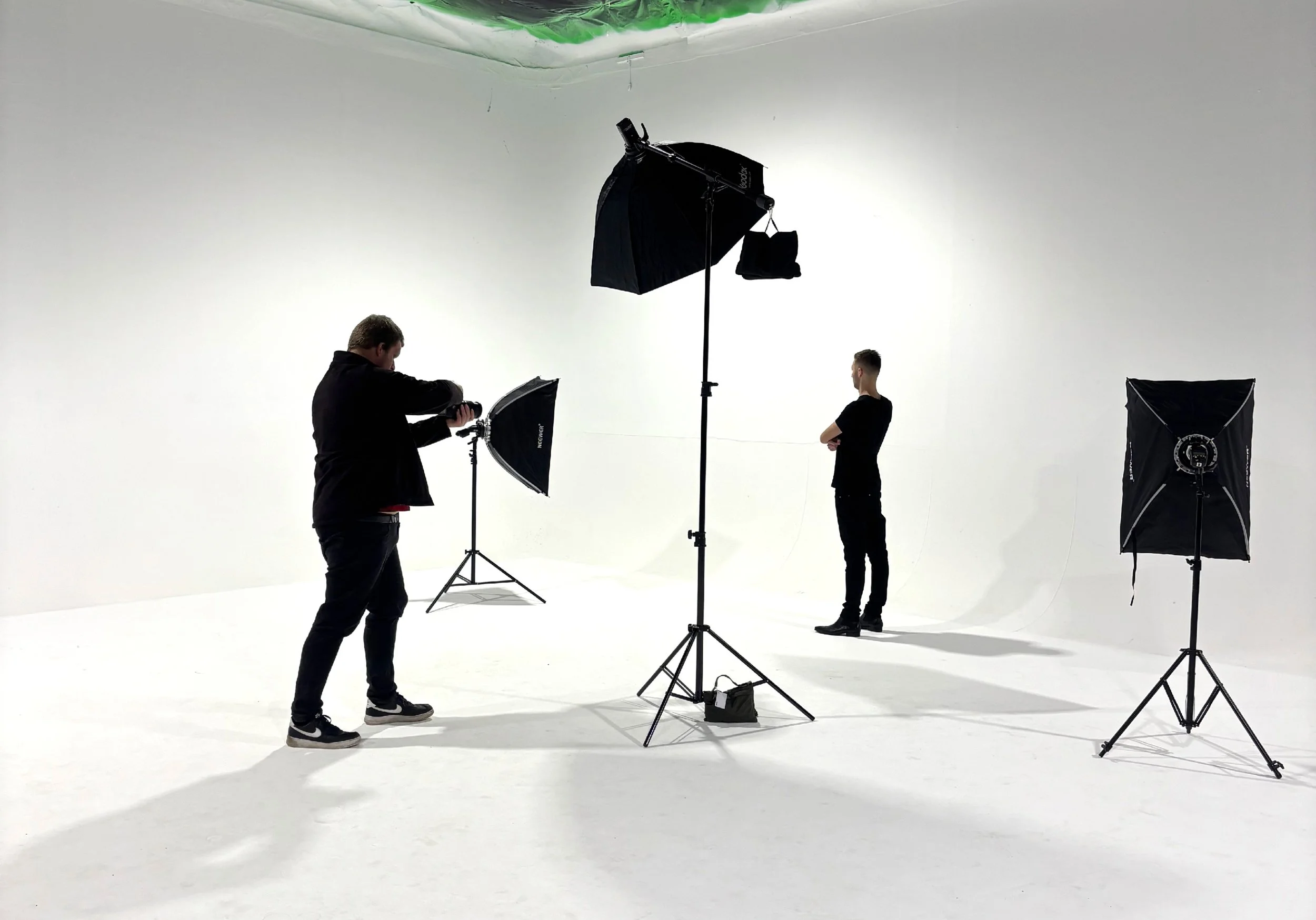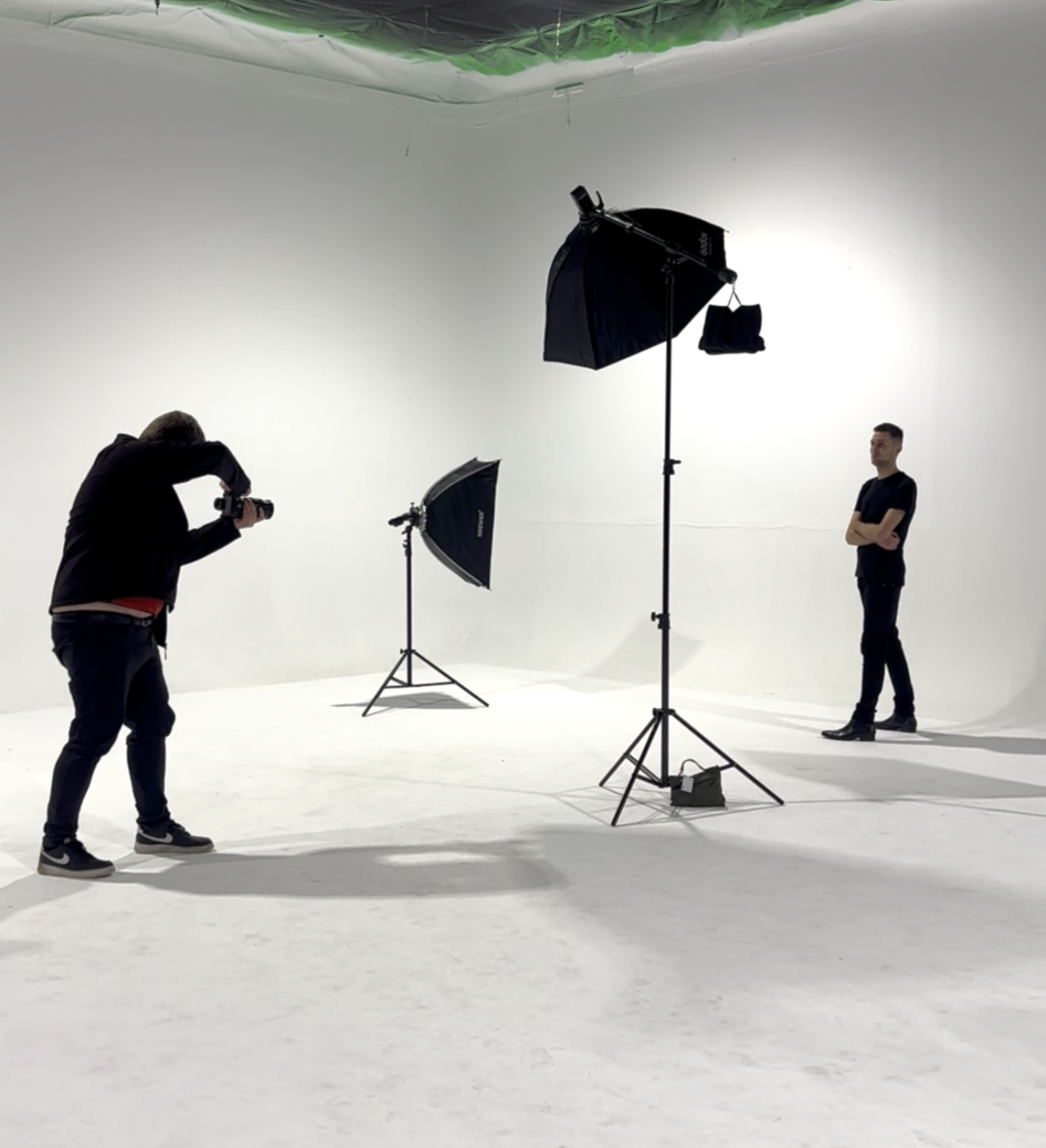DMD Therapeutic & Behavioural Consulting eNewsletter - Vol. 1
August 2025 Edition.
This is the first issue of our new bi-monthly eNewsletter, and we are so excited to be sharing this with our community.
In this issue…
For this bi-monthly update, we wanted to share that we’re taking steps towards becoming a registered NDIS provider, particularly after recent changes to the NDIA pricing arrangements.
As well, you may have heard from Thalia, our accounts contact, as she touches base with families about intake forms. This is part of our recent system update, and we appreciate everyone’s time and patience as we work through it.
UPDATES FROM THE TEAM…
Michelle recently visited the newly opened Aboriginal Cultural Centre, Yitpi Yartapuultiku, in Port Adelaide.
Located near the Hart’s Mill precinct, the centre celebrates Aboriginal culture and storytelling and offers a welcoming space to connect with local history.
Michelle shared that it’s a fantastic place for families and support teams to explore together - whether as a relaxed weekend outing, or to have a meaningful cultural experience - or on your own to find some time for yourself. It’s well worth a visit if you’re nearby.
SUCCESS STORIES…
CraftLab, our 10-week Group-based Capaacity Building Program, has wrapped up. Each of the three participants brought something completely unique to the table through a craft-based project, including deconstructing old electronics, modyfing Hot Wheels cars to make custom vehicles, and using spare printer paets to map out the Pokémon regions.
The focus of the program was to provide capacity building for self-direction, communication, and social skills like planning & decision making, following safety rules, sharing and explaining ideas, collaboration & reciprocation, developing theory of mind, and strengthening their rapport and relationships together. All of this culminated in our final collaborative art piece combining elements from everyone’s individual projects, shown above.
OUR SERVICES SPOTLIGHT…
We’ve introduced the use of a Therapy Assistant to support participants in implementing capacity-building programs developed by our lead Developmental Educators. This has been a valuable step in increasing the frequency of supports while keeping services cost-effective for families.
One example is a participant working towards their goal of entering the world of modelling as a micro-enterprise. Through a structured program overseen by their Developmental Educator, the therapy assistant has been supporting them to build their understanding of the world of modelling and pathways to enter it. This creates another pathway to employment while developing their communication, social, and self-direction skills.
The consistency and collaboration between team members have led to meaningful progress, with the participant gaining confidence and practical experience aligned with their long-term goals.
THERAPEUTIC TIP OF THE MONTH…
WINDOW OF TOLERANCE
Lately, we’ve been focusing more on how the “Window of Tolerance” can vary for individuals with neuromuscular conditions.
Physical, cognitive, and sleep-related fatigue can all impact capacity to engage and motivation, meaning someone may reach overwhelm more quickly or need longer to reset.
Recognising this helps us adjust expectations; we want to lower demands so that success can be achieved even during times it can seem hard to find. It’s a small shift that can make a meaningful difference in everyday support. You can download our easy-read Window of Tolerance Guide below to find out more.
RESOURCE OF THE MONTH…
BILLIE BONES
This issue we’re spotlighting “Billie Bones”, our skeleton model who’s been making a quiet but important impact in sessions with younger participants. Part of the classic How Your Body Works series, he has been around our office for years before finally finding his place as one of our best tools for capacity building.
For example, we like to bring out different parts of Billie one at a time, like the femur, fibular, or tibia, to facilitate learning about bone density, and what it means to look after our bones when living with DMD. This helps when learning about and normalising things like bone infusions, which can feel overwhelming or scary for our younger participants.
By making these topics more visual, simple, and reducing demands to feel more interest-based, Billie helps create opportunities for learning and questions that are needed, while not feeling as daunting or demanding.
BEHIND THE PRACTICE…
ADAPTIVE BEHAVIOUR ASSESSMENT
We often talk about building capacity, but what guides how we do that? At DMD Therapeutic & Behavioural Consulting, assessments like the Adaptive Behaviour Assessment System Third Edition (ABAS-3) play an important role in shaping our approach. The ABAS-3 helps us understand not just a person’s physical abilities, but also how they manage everyday expectations - especially the ones that aren’t always obvious but important for every day engagement, like taking turns in a conversation.
By pairing assessment outcomes with our understanding of neuromuscular disability, we can tailor expectations to suit the individual, giving them more opportunities for success and building their capacity over time. It also provides a clear, evidence-based foundation for our services, which is vital in the NDIS context.
COMMUNITY PARTNERS…
SUPPORT YOUR WAY
We work closely with the team at Support Your Way, and one of their regular groups we’re always happy to share is Fun Night Friday. It’s a relaxed social group where participants can spend time together over snacks, drinks, and karaoke in a welcoming environment.
The group is held at 11 Mellor Street, Adelaide. Dietary needs can be accommodated.
We’ve found it to be a particularly good fit for some of the teens and older individuals we support. Find out the dates and sign up directly through the Support Your Way website by clicking their logo below.
THANKS FOR READING!
YOUR FEEDBACK IS APPRECIATED
If you have any questions or comments about the content of this eNewsletter, or about our services in general, we would love to hear from you. Your feedback is greatly appreciated and helps us improve our services.
WANT TO STAY IN THE LOOP?
If you enjoyed this edition and want to be updated each time we publish our eNewsletter, you can sign up to become an email subscriber. In doing so, you will recieve a e-notification and link to access every edition of our eNewsletter each time it’s published - sign up below.











